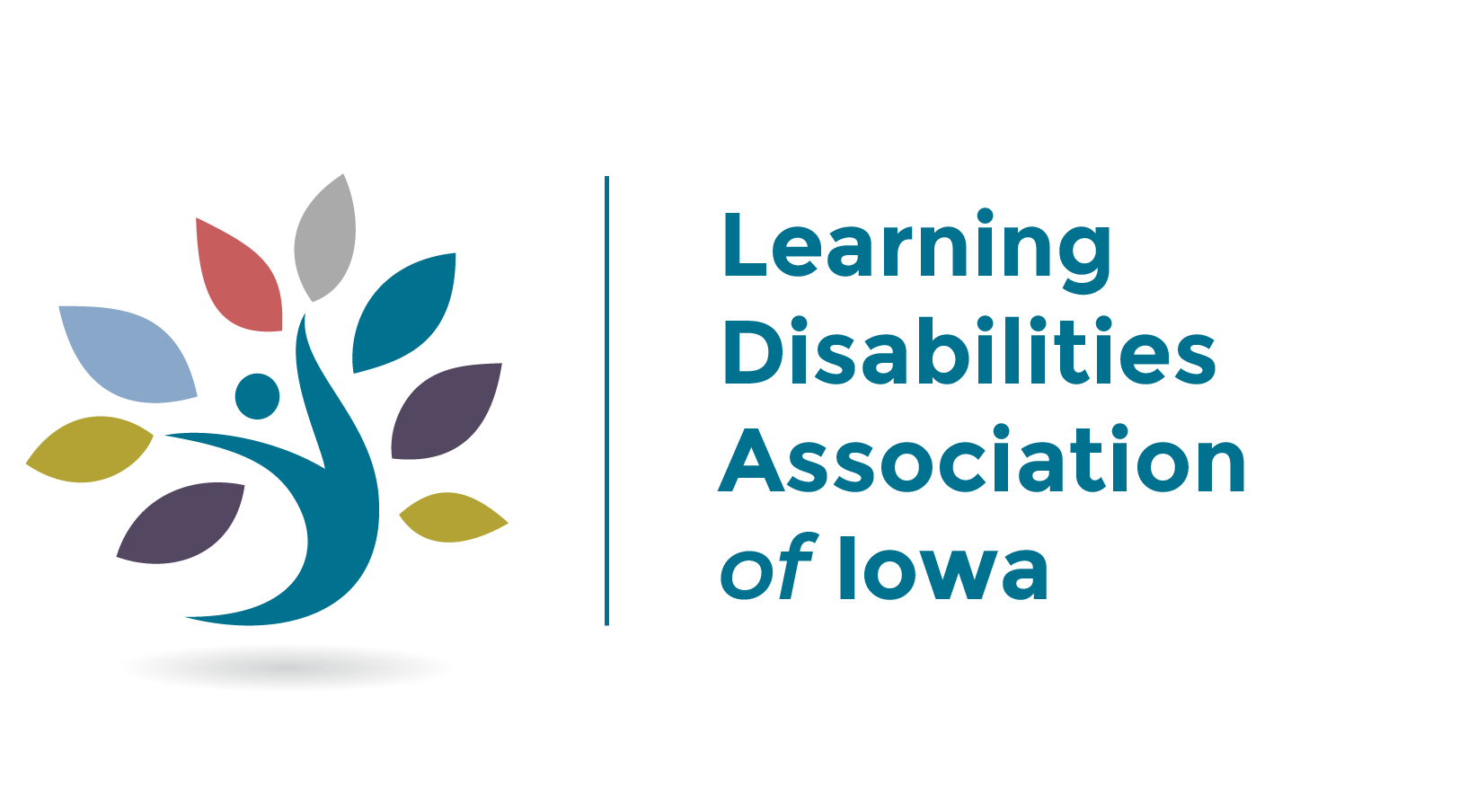Information collected in October, 2017, regarding places in central Iowa that do adult testing for learning disabilities. All of these places test children for LD.
Central Iowa Psychological Services, West Des Moines
Phone: 515-222-1999
They do full comprehensive testing. Takes three office visits. $200 for the first interview/intake appointment. Second visit is testing which is scheduled about a week to 10 days after the interview. The third appointment is get go over results and his is done within two weeks of testing. Estimate of the total cost is about $1000-1200. The don’t accept some insurances.
Innovative Learning Professionals & Counseling Services, Des Moines
Phone: 515-270-0280
info@ilearniowa.com
They do full comprehensive testing. Takes two visits to get the testing done. They do not take Medicaid but they do take Wellmark, Aetna, Midlands Choice. Call them to talk about insurance.
Evans Neuropsychology and Therapy, West Des Moines
515-985-8209
Dr. Evans was referred by the Unity Point Health Clinic nurse for psychoeducational testing as the Unity Point Offices do not do the testing. Calls to the office went to voicemail, so I did not confirm the testing info.
If you do not have insurance try:
Des Moines Pastoral Counseling, Urbandale
515-274-4006
According to their website, they would be able to do full testing and they charge on a sliding fee. Carol, the intake coordinator, at Des Moines Pastoral Counseling said they have a Dr. Christiansen who does do that type of (adult) testing. She said insurance does not cover testing for learning disabilities (I did not hear that from the the other facilities who seemed to indicate that mental health coverage would work). Carol said the cost would be out of pocket. Takes about five to six hours, $200/hr. The full cost would be up to $1200 depending upon how long the testing took. If you are interested, give her a call.
When contacting the testing sites in October, 2017, the following information is the criteria used to describe the testing that was needed for an adult who was seeking accommodations for college classes.
(In addition to the following requirements, I would add that you ask the tester to include a “Pattern of Strengths and Weaknesses” (PWS) in the Clinical Summary/final report.)
Learning or Cognitive Disability (LD)
Documentation should include a comprehensive psychoeducational assessment or neuropsychological assessment completed by a qualified practitioner, customarily a licensed psychologist or neuropsychologist. This assessment should be signed, dated, and completed on official letterhead.
LD documentation must include the following components:
- Diagnostic Interview, offering a description of the problem(s) reported by the student; the student’s developmental, medical, and psychological histories; family history; and, as appropriate, a discussion of dual diagnosis. The student’s academic and educational history should also be discussed.
- Assessment, demonstrating that the diagnosis is based on a comprehensive review that does not rely on any one test or subtest. Evidence of a substantial limitation to learning or other aspects of academic performance must be apparent. The domains to be assessed should include:
- Aptitude, measured using the Wechsler Adult Intelligence Scale (WAIS) or an equivalent tool
- Academic Achievement, measured using a comprehensive battery, often the Woodcock-Johnson Tests of Cognitive Abilities, that assesses academic functioning and fluency in relevant areas such as reading, mathematics, and oral and written language
- Information Processing, measured by assessing short and long-term memory, sequential memory, auditory and visual processing, processing speed, executive functioning, and motor ability
- Test Scores, provided for all measures, and valid for use with an adolescent or adult population
- Specific Diagnosis, using current DSM terminology
- Clinical Summary, containing the following components: an interpretation of the test findings that lead to the diagnosis; a description of the effects of that diagnosis on the student’s academic performance; recommendations for specific accommodations with a clear justification for how those accommodations will mediate academic performance difficulties
- Please note that DSS does not endorse unlimited absences or unlimited extended time as appropriate accommodations.
You are encouraged to submit any prior assessments or evaluative reports together with your current documentation.
